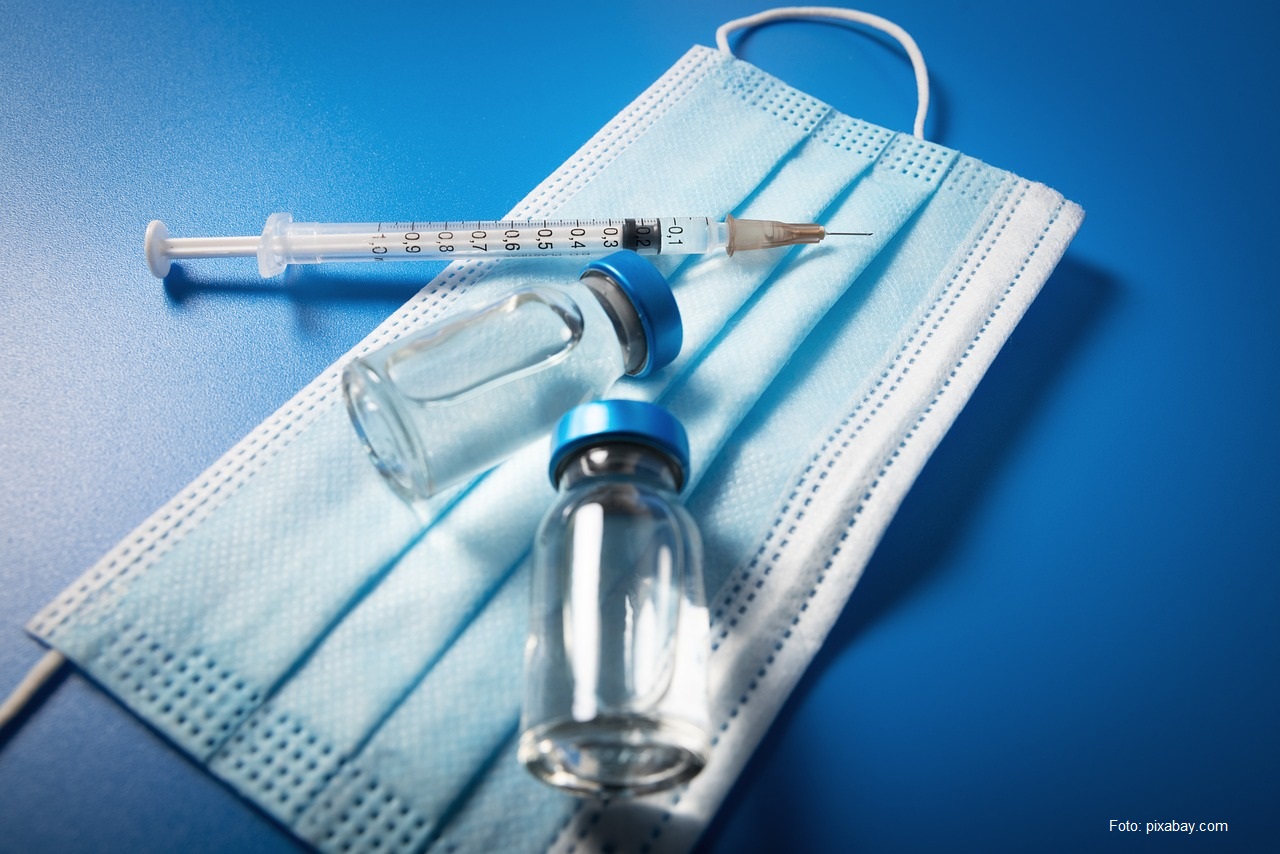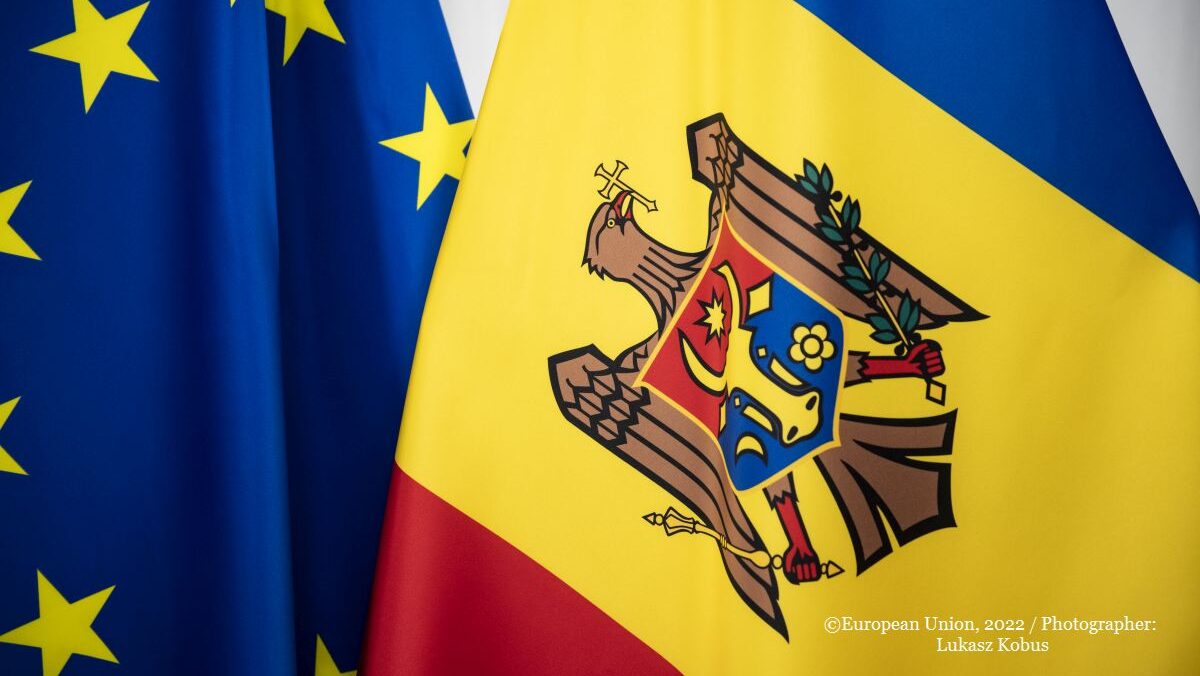Vaccination and restrictions
Romanians’ interest in vaccination continues to drop, despite doctors’ assurances that immunisation greatly reduces the risk of severe forms of Covid-19 and associated deaths. Experts point to a decrease in the incidence of cases in recent weeks across the country and recall the end of October, when Romania recorded the highest number of people vaccinated with the first dose since the beginning of the pandemic, 111,000. Back them, however, it was announced that Romanians would be allowed to go to work only if they had a green certificate and, specialists say, that prompted them to get vaccinated.

Daniela Budu, 13.12.2021, 13:11
Romanians’ interest in vaccination continues to drop, despite doctors’ assurances that immunisation greatly reduces the risk of severe forms of Covid-19 and associated deaths. Experts point to a decrease in the incidence of cases in recent weeks across the country and recall the end of October, when Romania recorded the highest number of people vaccinated with the first dose since the beginning of the pandemic, 111,000. Back them, however, it was announced that Romanians would be allowed to go to work only if they had a green certificate and, specialists say, that prompted them to get vaccinated.
After the bill on the digital certificate was rejected by the Senate and blocked in the Chamber of Deputies, interest in immunisation has steadily declined. In this context, the coordinator of the national vaccination campaign against COVID-19, Valeriu Gheorghiţă, is of the opinion that the implementation of the green certificate must be done in such a way as to prevent a new wave of diseases and not in the middle of such a wave. He says the certificate will not be one hundred percent effective in preventing the disease, but will significantly reduce the risk of contracting it.
According to Valeriu Gheorghiță, any action taken by the authorities must be both preventive and encourage vaccination. He says that studies show a high level of protection in the case of people who have had the disease and are fully vaccinated, but also of those who have taken the booster dose. It should be mentioned that so far, Romanians have not rushed into taking this third jab either. About 1.8 million of them have done so, and the fully vaccinated stand at just over 7.6 million.
Even if the number of those immunised is not up to the authorities’ expectations, they have eased the restrictions against the background of a drop in the number of infections and deaths in Romania and in anticipation of the winter holidays. Measures include wearing a mask indoors, but only in crowded areas outdoors. Access to restaurants and shops is allowed until 10 p.m., instead of 9. All activities that were limited to 30% of capacity are now allowed up to 50%, as in cinemas, theatres and gyms, but only for those vaccinated, who’ve had the diseases or have a negative test result. As for Christmas and New Year’s Eve, the restaurants are allowed to stay open.
However, the head of the Emergency Department, Raed Arafat, has warned that the effects of New Year’s Eve parties will be seen after about two weeks and that not everyone will follow the sanitary rules to prevent the spread of the COVID-19 pandemic. And doctors warn that indoors the risk of infection with the new coronavirus remains extremely high. (MI)






























